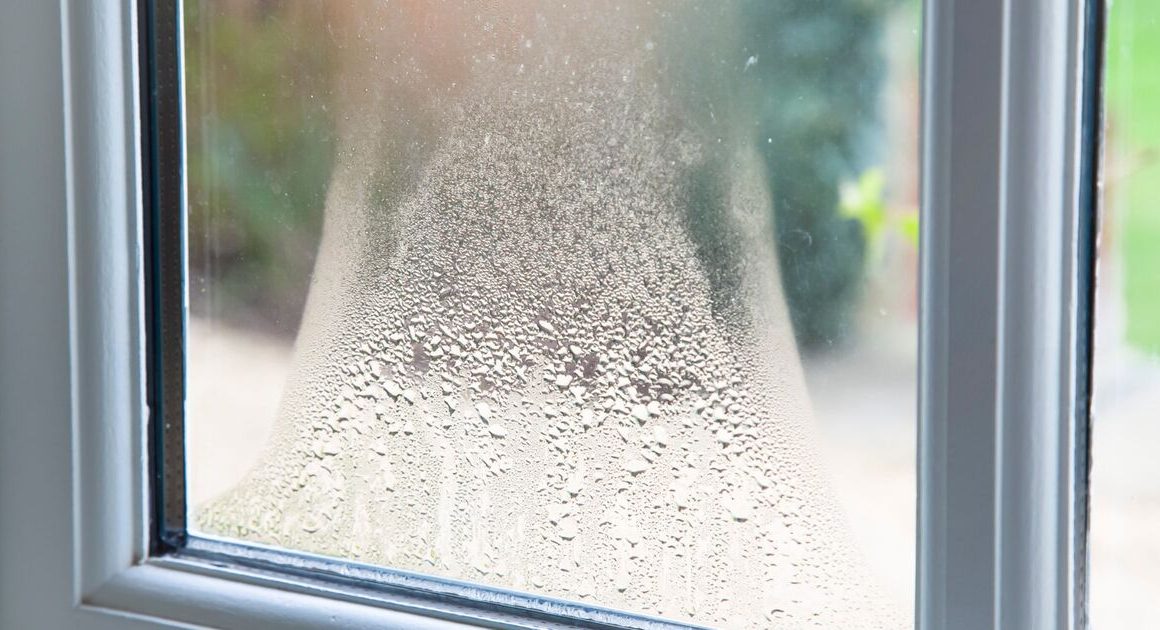Each hair type, whether curly, coarse, afro or oily, has distinct characteristics that dictate its care requirements.
Finding the ideal approach for your hair is often a trial-and-error process. Without knowing where to begin, many people default to daily washes, which isn’t always advisable.
Speaking previously to Express.co.uk, Saul Meskin, a hair maintenance guru from Foxy Locks, explained: “Your hair is connected to your scalp by a follicle and this follicle is connected to glands that produce vitamins and moisture, which gets passed into the hair.”
He cautioned that overwashing could strip away the natural oils produced by these glands, resulting in hair that lacks vitality and moisture.
Simone Thomas, a hair specialist at Simone Thomas Wellness, also highlighted the risks of excessive washing, urging that lack of oil is just “one issue”. She revealed that “dandruff and a dry itchy scalp” are common side effects of overwashing, plus dry, brittle locks that are more vulnerable to breakage.
The question remains: How often should you actually wash your hair? A-list celebrity hairdresser Jon Hala remarked: “You should only wash your hair when it’s absolutely necessary.”
He further advised: “The general recommendation is to wash it a maximum of one to two times a week, [but] I’d say that it should only be washed when the hair is visibly oily.” An itchy scalp and signs of flakiness due to dirt are other telltale signs it’s time for a wash.
Emphasising hair care, John stated: “Remember, for a healthy scalp you need natural sebum for healthy follicles and washing your hair too regularly will reduce this.”
As for how to cut down on hair washing, Simone explained: “You can go for an all or nothing approach, but as with so many things in life if you can make gradual changes, you will get into a new, healthy habit that your hair will thank you for.”
She offered practical advice for those accustomed to daily washes: “If you are washing daily, try to go for every other day, with the intention of washing your hair two to three times a week in the long run.”
For anyone who may be conscious about their hair looking greasy or oily between washes, there are some great dry shampoos out there which will absorb excess oil from the scalp. According to Simone, some of the best kinds will also add volume to hair that’s looking and feeling “lank and greasy”.
To extend the longevity of fresh hair, she advised switching up current products, stating it would help slow down the process of hair getting greasy and thus aid in cutting down washes.
Jon suggested: “Make sure your new shampoo is ‘light’ so it doesn’t weigh your hair down, causing it to build up in oil and dirt. Using less oil-based styling products such as serums would also be beneficial.”
Cally Borg, who styles Amanda Holden, recommended an at-home remedy for those battling greasy locks: “You could look at doing an at-home remedy of an apple cider vinegar rinse, where you water down the vinegar at a 1:3 ratio and rinse your hair with it once a week. The idea is to detoxify and balance your hair and scalp.”
She also shared some alternatives like EveryGreen’s ‘anti-oxidant’ shampoo and conditioner, hailing it as a salon favourite for clients troubled by oily hair as it rebalances the pH level, and keeps it clean without stripping any natural oils.










